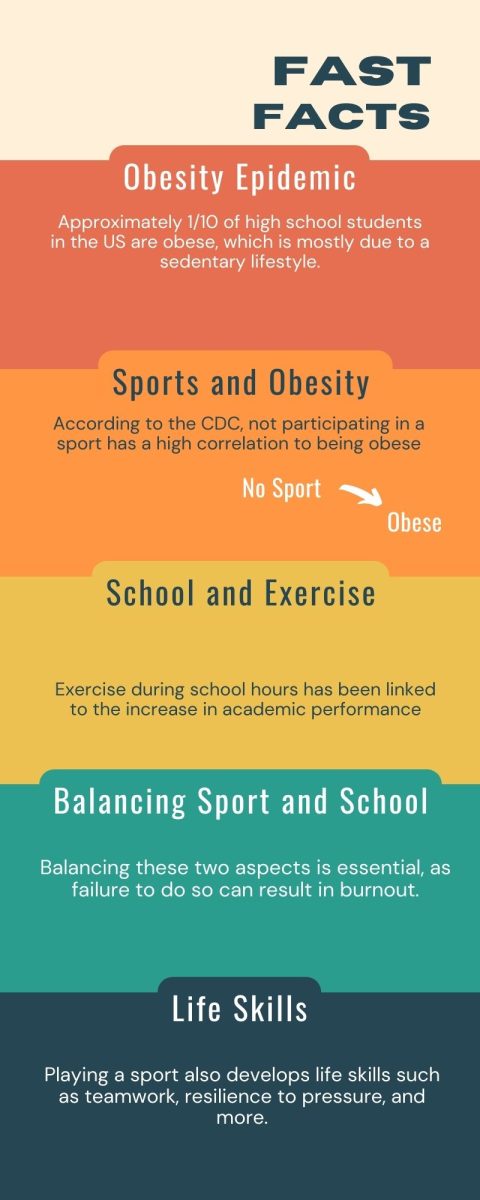
By PETER THOMAS
Copy Editor
The Supreme Court of the United States (SCOTUS) agreed to hear its first major abortion case in nearly a decade, Whole Woman’s Health v. Cole, on Friday, November 13.
The case challenges a 2013 Texas law that has placed dramatic restrictions on women’s access to reproductive health facilities, primarily abortion clinics. The law is currently backed by the vast majority of Texas legislators and policymakers, including the state’s governor, Rick Perry, who has stated publicly that “the ideal world is a world without abortion,” and that he aims to limit it accordingly.
Whole Woman’s Health v. Cole promises to be a critical turning point in the women’s health movement.
Previous Supreme Court entanglements with the abortion issue have been, in general, limiting; despite the landmark 1973 ruling in Roe v. Wade, which affirmed women’s right to a first-trimester abortion, subsequent decisions in Planned Parenthood v. Casey (1992) and Gonzales v. Carhart (2007) have gradually diminished that right.
In Planned Parenthood v. Casey, the Supreme Court held that while states cannot impose “undue burdens” on women when regulating women’s health facilities, they can constitutionally apply such restrictions as parental consent and 24-hour waiting periods.
With Gonzales v. Carhart, the justices, many who continue to occupy the bench today, ruled that the 2003 federal law, the Partial-Birth Abortion Ban Act, which banned late-term abortions did not impose an “undue burden” as defined by Planned Parenthood v. Casey.
The impending ruling, though neither due nor expected until June 2016, can be viewed through the optimistic lens of court rulings in the previous year, notably that in Obergefell v. Hodges, which legalized same-sex marriage.
In fact, according to CNN, a significant number of Americans believe that the Supreme Court has “turned left,” and that its decisions in 2016 and beyond will conform to this sudden and dramatic shift in jurisprudence.
In reality, however, several prominent judicial analysts and SCOTUS reviewers have spoken to the contrary.
“I would expect a return to the [conservative] norm,” said Irving L. Gornstein, executive director of the Supreme Court Institute at Georgetown University Law Center, via CNN. Gornstein went on to explain that “Justice [Anthony] Kennedy [will be] again the key votes,” an opinion seconded by others in his profession in interviews with CNN and The Huffington Post.
Author of the court’s majority opinion in Gonzales v. Carhart and the crucial vote in Obergefell v. Hodges, Justice Kennedy is by no means a decided liberal; and his opinions on abortion, which have historically aired on the side of enhanced regulation, certainly confirm this.
And, so, while a SCOTUS ruling that protects a woman’s fundamental right to an abortion, her fundamental right to control her own body, would be welcome, it is not likely that such a decision will be reached in Whole Woman’s Health v. Cole.
Justice Kennedy is not the only vote expected to maintain Texas’s HB2 law limiting abortion rights; overtly conservative Justices Antonin Scalia, Samuel Alito, Clarence Thomas and Chief Justice John Roberts are projected to do the same, according to The New York Times.
SCOTUS examiners, though basing their predictions entirely on logical speculation, have rarely been incorrect.
It is unfortunate that the male justices on the Supreme Court, excluding Justice Stephen Breyer, cannot seem to find it within themselves to acknowledge the extent to which restricting a woman’s right to an abortion to the point of eradication violates fundamental human rights we should afford to women.
And it is unfortunate that the abortion issue, one that is so divisive it has cost the lives of three people in a shooting at a Colorado Springs Planned Parenthood center, cannot seem to be resolved by politicians and courts blinded, often on both sides, by dogma and partisan zealotry.
The Supreme Court has a duty to uphold the Constitution of the United States of America, to arbitrate the justice that it deems just effectively, efficiently and equally. But, realistically, while the Supreme Court can allow corporations to choose to donate unlimited funds to political candidates and while it can allow cities to choose to open state meetings with prayers, it simply cannot manage to allow women to choose how to control their own bodies.
Inauspicious prospects for abortion this year

07000000; 11000000; HTH; krtcampus campus; krtgovernment government; krthealth health; krtnational national; krtpolitics politics; MED; POL; krt; mctillustration; 07003004; 07010000; 07013000; 07014003; 07019000; clinic; HEA; health care policy; health treatment; hospital; krtpregnancy pregnancy; krtwomenhealth women health; medical procedure; medical specialization specialty; medical test; patient; reproduction; 11016004; gun control; krtuspolitics; personal weapon control; 07014005; 14016000; abortion; krtdiversity diversity; krtsocialissue social issue; SOI; woman women; 2009; krt2009; miner; tb contributed; pro-life; pistol; revolver; abortion clinic; krtdiversity diversity risk woman women
Your donation will support the student journalists of University High School. Your contribution will allow us to purchase equipment and cover our annual website hosting costs.













